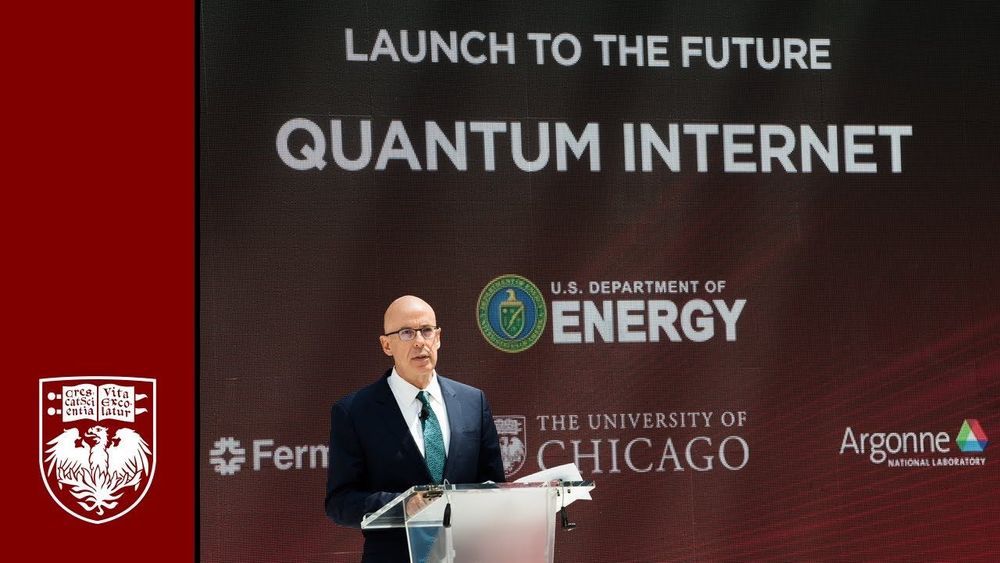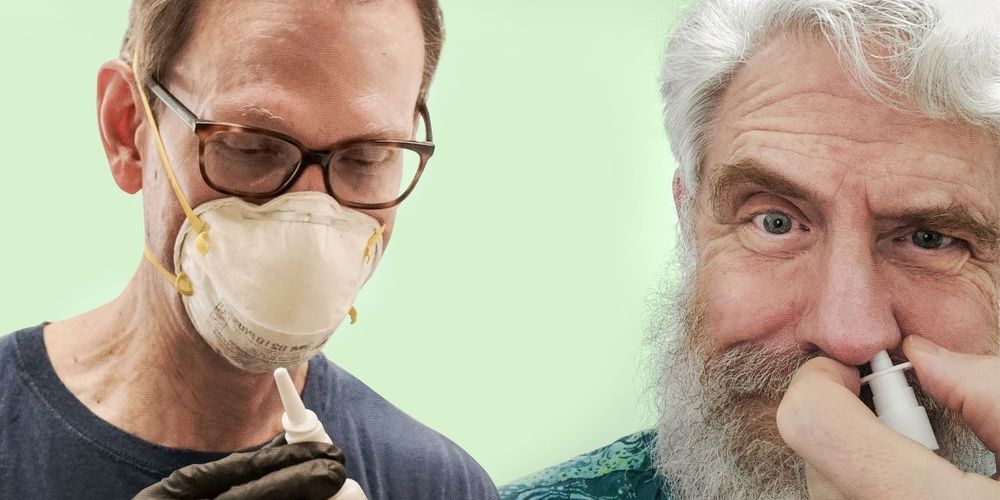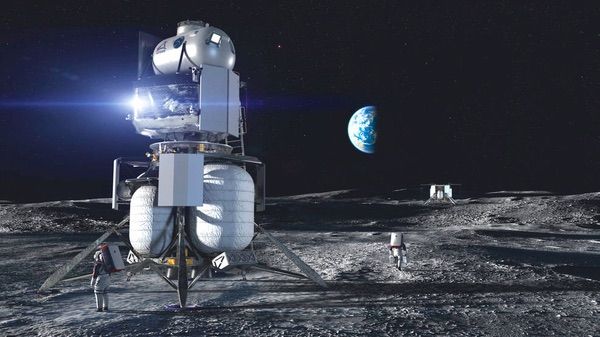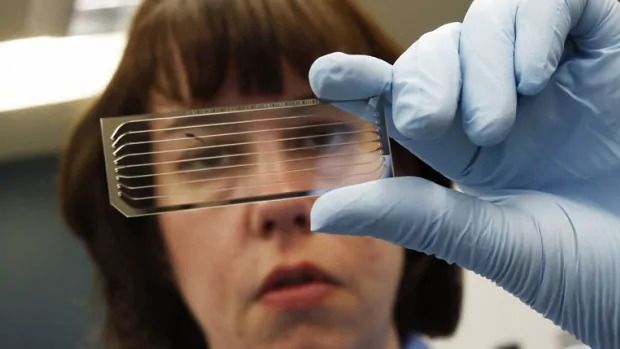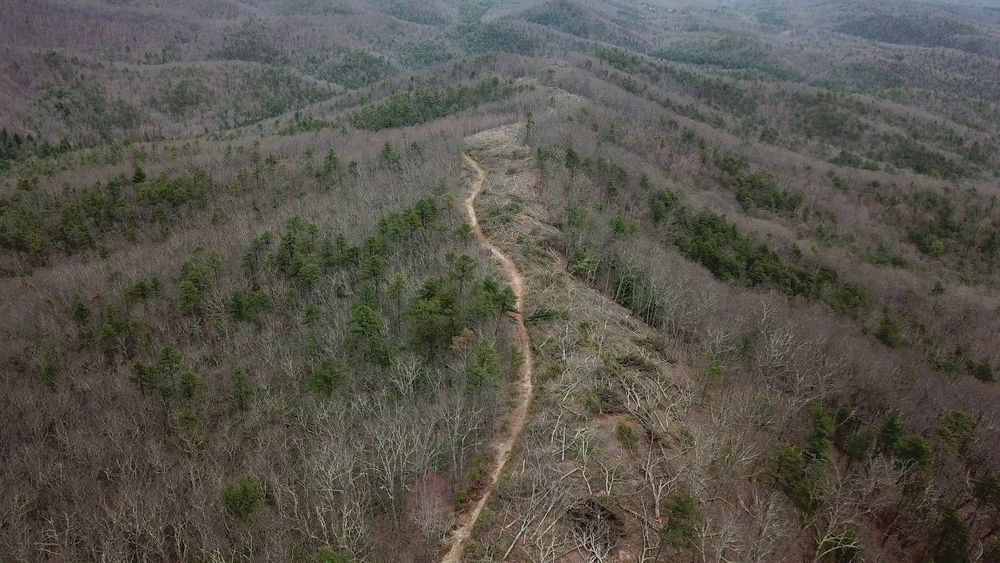Nationwide effort to build quantum networks and usher in new era of communications.
In a news conference today at the University of Chicago, the U.S. Department of Energy unveiled a report that lays out a blueprint strategy for the development of a national quantum internet, bringing the United States to the forefront of the global quantum race and ushering in a new era of communications. This report provides a pathway to ensure the development of the National Quantum Initiative Act, which was signed into law by President Trump in December 2018.
Around the world, consensus is building that a system to communicate using quantum mechanics represents one of the most important technological frontiers of the 21st century. Scientists now believe that the construction of a prototype will be within reach over the next decade.
